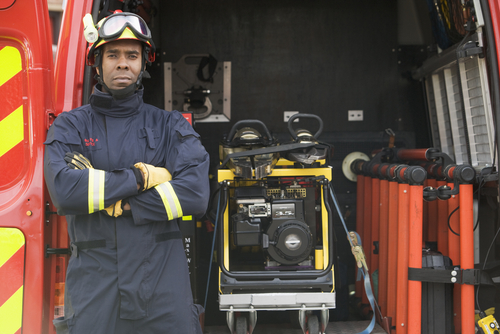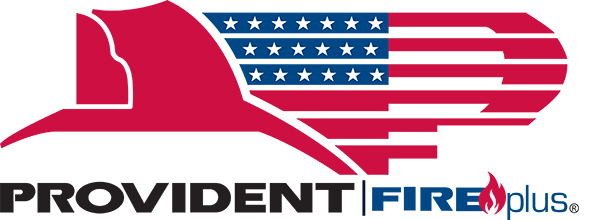
Any firefighter, both volunteer and career professionals, must be familiar with the rig and understand how to resolve issues, ensure it is properly functioning and well-stocked. In this article, we’re going to explore the basics of firetruck checks- an invaluable task that should be completed at least weekly, if not at the start of each shift. Before sharing this information with your clients, protect their operation with a Firefighter General Liability policy.
Tool check.
This requires more than simply eyeballing the tools to make sure the equipment storage looks full. Having the right equipment in place and prepared is an essential part of firefighting operations, so consider the following.
- Pull out the saws, start them, and check to ensure they are full on fuel and oil. Review their operation and consider “when, where, and how” you would use this particular tool on the fireground. If you are drawing a blank, then you’ve found your company training for the day, states Fire Engineering.
- Examine the hand tools- Axes should have the heads screwed on tight and all equipment should be rust-free.
- Inspect hoses- Are the hose heads screwed on tightly? Are they all functioning the way they should be? Are any nozzles broken? Make a note of each of these potential issues and make an effort to resolve them that day.
Apparatus check.
These are arguably one of the most important items to check on the weekly or daily equipment reviews. Check the following:
- Self-Contained Breathing Apparatus (SCBA)- Crew leaders should double check that the gauges are functioning and that it’s filled up. This is a lifeline and the difference between life and death on the ground, so each person should check his or her SCBA before each shift.
- Examine the fluids- Check the apparatus fluids and start the apparatus, let it run, and check and run the pump. Is the pump able to draw a prime? Are all the gauges operating correctly? Does the pump and engine sound right? Operate all emergency lighting and scene lighting, states the article.
About Provident Fire Plus
At Provident Fire Plus, we understand the risks that volunteer firefighting departments face on a regular basis. Our unique underwriting goes beyond what is typically included in insurance policies, extending coverage to commercial autos, line of duty protection, damage to third party property, and more. For more information about our comprehensive policies and how we can work for your clients, contact us today at (855) 201-8880.

